- B
1. Broken links
- 2. Bots-
- 3. Brand mentions-
- 4. Backlinks-
- C
- 1. Citations-
- 2. Citation flow-
- 3. Co-Citation-
- 4. Canonicals-
- 5. Class C-
- 6. Click-through Rates-
- 7. Competitive Analysis-
- 8 Cleanup-
- 9. Content-
- 10. Content Marketing-
- 11. Crawlability
- 12. Conversion Rates-
- D
- 1. Deep links-
- 2. Disclaimer-
- 3. Do-follow links-
- 4. Duplicate Content-
- 5. Domain Authority-
- 6. Domain Rating-
- 7. Deindexed-
- 8. Directories-
- 9. Disavow-
Now that we have discussed the Link Building terms that started with the alphabet ‘A’. In this post, we are going to understand more link building terms that start with the alphabet ‘B’, ‘C’ and ‘D’.
B
1. Broken links
Broken links are links that no longer function or can’t be accessed by a user.
2. Bots-
Bots, also known as crawlers, are software applications that are programmed to do certain tasks. Bots function automatically which means it does not need human users’ approval to get things done.
3. Brand mentions-
Brand mentions are references to your brand, product or company.
Brand mentions play a vital role in SEO to get your brand visibility. When a website mentions your website’s domain name on its web page and on social media, Google notices this and counts it the same as a link.
4. Backlinks-
A backlink refers to an incoming hyperlink from another web page to your website.
C
1. Citations-
Citations are references to the source of information you used in your content. It is a way of telling your readers that certain material of information came from another source.
2. Citation flow-
Citation flow refers to the influence or popularity your website has gained from its referring domains.
3. Co-Citation-
A website that is mentioned by two different sources is known as Co-citation.
4. Canonicals-
Canonical element guides to the best representative page from a group of duplicate pages.
5. Class C-
Class C network refers to IP addresses. It consists of a 24-bit network address and an 8-bit localhost address.
6. Click-through Rates-
CTR is the number of clicks received on a link on your website divided by the number of times your website appears somewhere.
7. Competitive Analysis-
It is a way of evaluating how well your site is performing compared to your competitors. In this process, you will identify new links that you can work on your site for better ranking.

8 Cleanup-
It simply means cleaning up bad links and also fixing any other issues related to your website.

9. Content-
Content is something that keeps your readers engaged with your website. It can be blogs, videos, images, etc.

10. Content Marketing-
It is a marketing strategy that is used to attract and engage your audience by creating and sharing articles, videos and other media.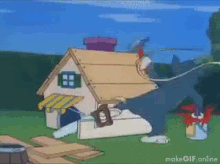
11. Crawlability
Crawlability means that search engine crawlers can read and follow links in your website’s content. It is the foundation of your technical SEO strategy.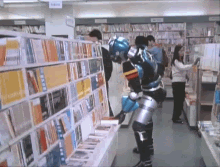
12. Conversion Rates-
Conversion Rates are the number of visitors to your website that completed the desired goal out of a total number of visitors.
Know more about link building services.
D
1. Deep links-
Deep links are the links that lead the users directly to the content rather than the homepage of your website.

2. Disclaimer-
A disclaimer in link building terms is used to notify users saying that the information provided on this website is for information purposes only.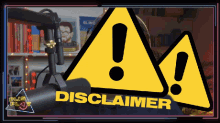
3. Do-follow links-
The do-follow link is an HTML attribute assigned to a link that allows users to access a website. This does not work only if a no-follow attribute is assigned.
4. Duplicate Content-
Duplicate content refers to the content that appears on the web page for more than one. The main cause of this can be unfriendly URLs in search results.
5. Domain Authority-
Domain Authority refers to the ranking score in a search engine created by Moz that tells you how good your website is when it comes to search engine results.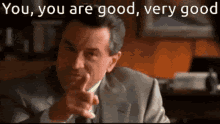
6. Domain Rating-
Domain Rating is a metric that shows the strength of your website’s backlink profile.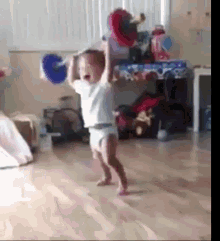
7. Deindexed-
A deindexed website is a site that has been banned by the search engine’s index, so it cannot appear in the search results. It may be caused by violating the guidelines or other reasons.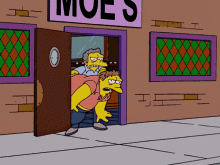
8. Directories-
Directories refer to the list of other websites category wise. It can be a list of local businesses that include names, addresses and phone numbers.
9. Disavow-
Disavow means to deny harmful links pointing to your website. You can ask Google to take down those low-quality links which are causing damage to your website’s ranking.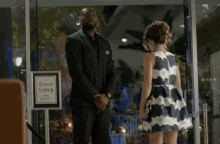
We have written previously for A, click here to read.
For the link building terminologies starting from E,F,G,H,I – Click here

